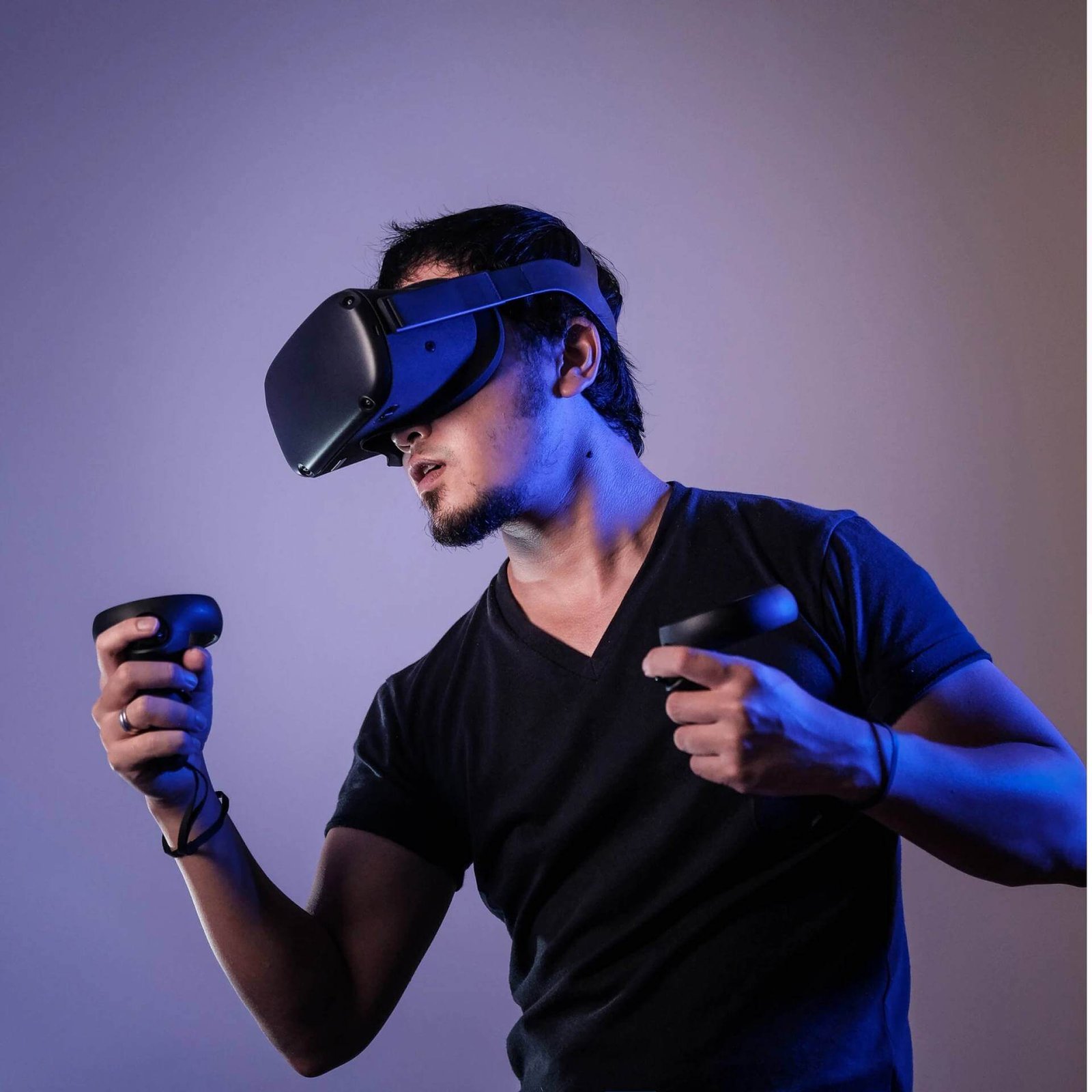
Unveiling the Quantum Frontier: A Deep Dive into Quantum Computing
In the ever-evolving landscape of technology, quantum computing stands as a beacon of innovation, promising to revolutionize the way we process information. As we embark on this journey into the quantum frontier, let’s unravel the mysteries of quantum computing, exploring its key principles, potential applications, current challenges, and the future it holds.
Understanding Quantum Computing: A Paradigm Shift
The Quantum Bit (Qubit): Beyond Classical Computation
At the heart of quantum computing lies the qubit, a quantum analog to classical bits. Unlike classical bits that can only exist in states of 0 or 1, qubits exploit the principles of quantum superposition and entanglement. Quantum superposition allows qubits to exist in multiple states simultaneously, exponentially increasing computational possibilities.
Entanglement: Quantum Coherence and Connectivity
Entanglement, a phenomenon unique to quantum mechanics, establishes a profound connection between qubits. When entangled, the state of one qubit instantaneously influences the state of another, regardless of the physical distance between them. This interconnectedness forms the basis for the speed and efficiency of quantum computation.
The Quantum Advantage: Applications Across Industries
Breaking the Code: Quantum Cryptography
One of the most anticipated applications of quantum computing is in the field of cryptography. The inherent ability of quantum computers to process vast amounts of data simultaneously poses a threat to classical encryption methods. Quantum cryptography, on the other hand, leverages quantum principles to create unbreakable codes, ensuring secure communication in the quantum era.
Optimization and Simulation: Quantum’s Computational Edge
Quantum computers excel at solving complex optimization and simulation problems. From optimizing supply chain logistics to simulating molecular structures for drug discovery, quantum computing has the potential to revolutionize industries that rely on intensive computational processes.
Machine Learning and Quantum Computing Synergy
The marriage of quantum computing and machine learning opens new frontiers in artificial intelligence. Quantum algorithms can tackle machine learning problems with unprecedented speed, promising advancements in data analysis, pattern recognition, and optimization tasks.
Challenges on the Quantum Roadmap
Qubit Stability: Taming Quantum Fragility
Despite the promises of quantum computing, qubits are notoriously fragile. They are susceptible to external influences such as temperature variations and electromagnetic interference, leading to errors. Overcoming the challenge of maintaining qubit stability is a crucial step towards realizing the full potential of quantum computers.
Scalability: The Quantum Challenge
As quantum computers become more complex, maintaining coherence and preventing decoherence become significant challenges. Scaling up quantum systems while minimizing errors is a key hurdle researchers are actively addressing. Achieving scalability is imperative for the practical implementation of quantum computing in real-world scenarios.
Current State of Quantum Computing
Quantum Supremacy: Milestones and Achievements
In recent years, there have been significant milestones in the pursuit of quantum supremacy—a point where quantum computers outperform classical counterparts. Companies like IBM, Google, and Microsoft are engaged in a competitive race to achieve and demonstrate quantum supremacy, showcasing the progress made in the field.
Quantum Cloud Services: Making Quantum Accessible
To democratize access to quantum computing power, cloud services that offer quantum computing capabilities are emerging. This shift towards quantum cloud services enables researchers and developers worldwide to experiment with quantum algorithms and applications without the need for specialized hardware.
The Quantum Tomorrow: Envisioning the Future
Beyond Quantum Supremacy: Practical Quantum Applications
As we look to the future, the practical applications of quantum computing are boundless. From revolutionizing drug discovery to optimizing complex logistical operations, the impact of quantum computing is poised to extend across diverse domains. The development of quantum algorithms tailored for specific industries will unlock new possibilities and drive innovation.
Quantum Communication Networks: The Quantum Internet
The concept of a quantum internet, enabled by the principles of quantum entanglement, is gaining traction. Quantum communication networks promise secure and instantaneous transmission of information, setting the stage for a new era in global communication.
Hybrid Computing: Bridging Quantum and Classical Worlds
Hybrid computing models, combining the strengths of classical and quantum computing, are emerging as practical solutions to address the limitations of current quantum systems. This collaborative approach paves the way for the integration of quantum computing into existing computational infrastructures.
Conclusion: Navigating the Quantum Landscape
In conclusion, quantum computing stands at the forefront of technological advancement, offering unparalleled computational power and transformative capabilities. As researchers tackle the challenges posed by quantum fragility and scalability, the journey towards practical quantum computing continues. The quantum frontier beckons, promising a future where the boundaries of computation are redefined, and new horizons are explored.
As we stand on the cusp of a quantum revolution, the words of physicist Richard Feynman echo: “Nature isn’t classical, dammit, and if you want to make a simulation of nature, you’d better make it quantum mechanical.” The quantum leap is upon us, and the future holds the promise of a computing era that transcends classical limitations, opening doors to unprecedented possibilities.

















